
Dago Kano
The story of a former police officer now retired to run a coffee shop called Bitter Coffee Life. In the long years of the past 20 years, he has been raising the daughter of one of the criminals he arrested as his own.
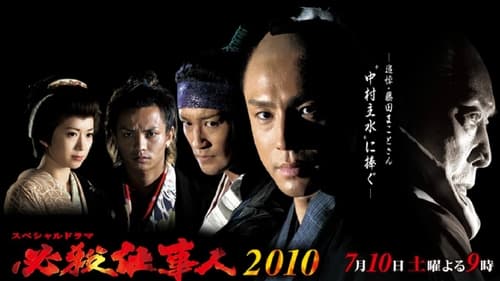
Hissatsu Shigotonin 2013 is a continuation of the Hissatsu Shigotonin series this was the SP released in 2013.
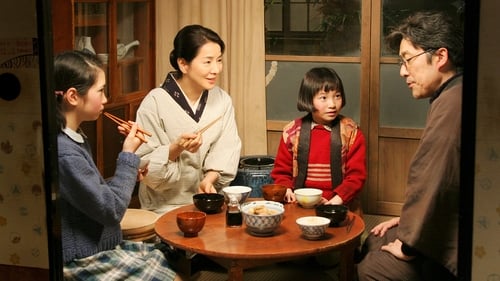
Policeman
Drama familiar basado en la Segunda Guerra Mundial, situado en Tokyo en el año 1940. La familia Nogami tiene una vida pacífica pese a lo ocurrido últimamente, pero de repente el cabeza de familia, Shigeru, es acusado de ser comunista y es detenido por ello. Su esposa trabaja día y noche frenéticamente para poder dar de comer a sus dos hijas con el apoyo de Hisako, la hermana de Shigeru. La Segunda Guerra Mundial arroja horribles y fatídicas noticias, pero Kayo todavía guarda una última esperanza de que su marido vuelva algún día.

Japón, siglo XIX. El declive de la casta guerrera de los Samurai y de los Shogun ha hecho mella en el pequeño feudo de Unasaka, situado en la costa del noroeste del país. El samurai Yaichiro Hazama se marcha a la lejana ciudad de Edo para hacerse cargo de un puesto muy importante de la organización del clan, mientras sus amigos samuráis, Munezo y Samon, vuelven al lugar en el que Munezo nació y creció. A pesar de su modesto sueldo consiguen vivir una vida placentera en la casa de la madre de Munezo junto con la hermana pequeña de éste y la hija de un vecino que es granjero, llamada Kie, que trabaja en la casa como empleada doméstica y espera poder conseguir marido. Durante los tres años siguientes fallece la madre de Munezo, Samon se casa con la hermana de Munezo, y Kie se casa con el hijo de una familia acomodada de mercaderes, los Iseya.
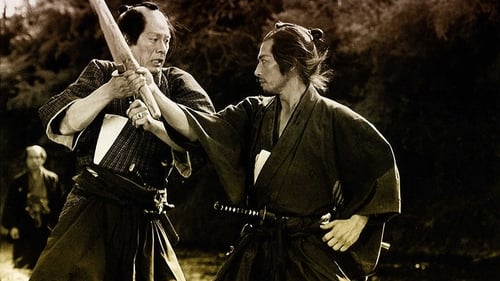
Yazaki
Japón, mediados del siglo XIX. Seibei Iguchi es un samurái de bajo rango que trabaja como burócrata. Viudo, vive con sus dos hijas, a las que adora, y con una madre ya senil, por lo que se ve obligado a hacer otros trabajos para poder sacarlas adelante. Una nueva oportunidad se presenta en su vida cuando se entera de que Tomoe, su amor de siempre, se ha divorciado de su cruel marido. Sin embargo, el rígido código de honor de los samuráis lo atará de pies y manos.

Tora-san Makes Excuses is a 1992 Japanese comedy film directed by Yoji Yamada. It stars Kiyoshi Atsumi as Torajirō Kuruma (Tora-san), and Kumiko Goto as his love interest or "Madonna".

Remade in Korea as Going by the Book.

After shooting a gangster in self-defense, Kim Hui Ro takes refuge at a hotel and takes the guest hostages. Realising his position, he invites the press inside and explains why he was driven to his crime.

An anthology exploring the meaning of the Japanese greeting goaisatsu.
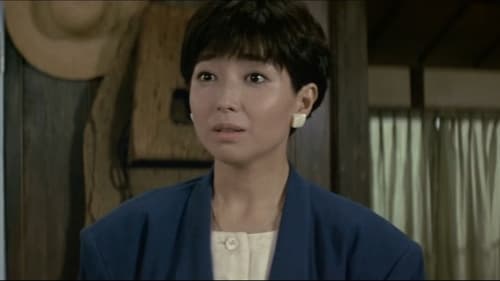
When his travels take him to rural Hokkaido, Tora-san helps a cantankerous old veterinarian (Mifune) in his relationships with his estranged daughter, and a woman in whom he is secretly interested.

Japanese film.
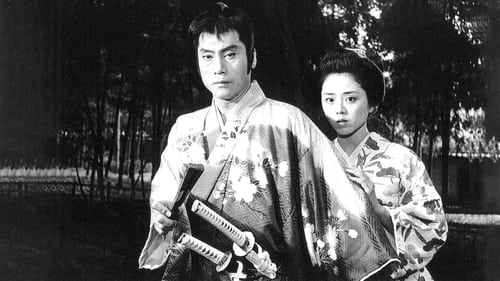
Yaguruma Benji
Saotome Mondonosuke is Hatamoto (a high-class warrior who is allowed to see the Shogun in person) who has a crescent-moon-shaped scar on his forehead with flashy clothes and a handsome face, and is proficient in all the military arts and called Bored Hatamoto. Mikijiro Hira acts as such a hero in history. Mondonosuke is secretly ordered to look into the suspicious movement in Nagoya castle by the Ometsuke, and he found out about the misconduct and sole it. This is a period movie about the hero!

1981 Japanese film based on the novel by Naoshiro Yoshimoto.

A made for TV movie that would be loosely remade as Magnitude 7.9 or DEATHQUAKE

1979 Japanese film.

The story of the silk industry and the young girls who worked as silk spinners in the early 1900s in Japan. The silk mills were located in Okaya which lies just beyond the Nomugi Pass. The women and girls worked in a hot, humid atmosphere without rest, and endured those conditions and sexual harassment to earn money for their poor families. Across the ocean, it was the great depression in America.

When Tora-san's infatuation with his nephew's school teacher causes family turmoil, he leaves on his travels again. When he returns, he falls in love with the teacher's mother.

Japanese youth film.
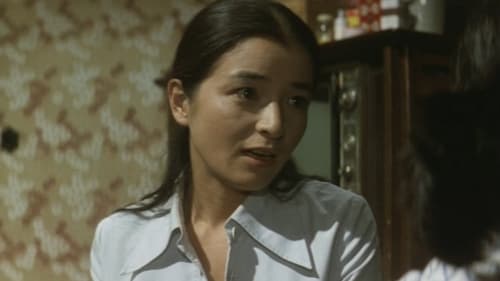
This appears to be a labor of love. Its about a village which is given the opportunity to put on a musical. They would have to pay the overhead and, being that they are farmers and always busy and not rich, question the wisdom and feasibility of such an idea. A spokesperson for the acting troupe Ms. Kono lays out the whole thing and they must decide. You get little slices of rural life in Japan far, at least in sentiment, from Tokyo. The best thing about this film is that it has heart. The acting is good, but it is really about the simple storyline of outing on a show. Films rarely get made with such simplistic plots these days. Enjoy this little slice of what city people call “the simple life”.

Based on the comic by Kazuo Koike

Mamoru Watanabe
Several high-school friends spend their final summer together indulging in sex and leisure; their halcyon days are soon coming to an end.

A teenage drama film about Makiko Hayashi, a top student who is aiming to get into University of Tokyo, together with a group of other students. She befriends one of the school's misfits, Yoshiyuki Mizuno, which starts to change her life. The film follows the way Makiko Hayashi's life changes throughout the time, from a model student with high ambitions, to someone who is uncertain enough about her future, that she feels the only way out is to start anew.

Sangoro
Adaptación más o menos fiel de la obra de Chikamatsu, preservando todas las convenciones del teatro kabuki y elevando el nivel de artificio con nuevos añadidos: encuadres excéntricos, composiciones hiperestilizadas y un gran uso del blanco y negro. Narra la trágica historia de amor entre una prostituta y un mercader casado.














